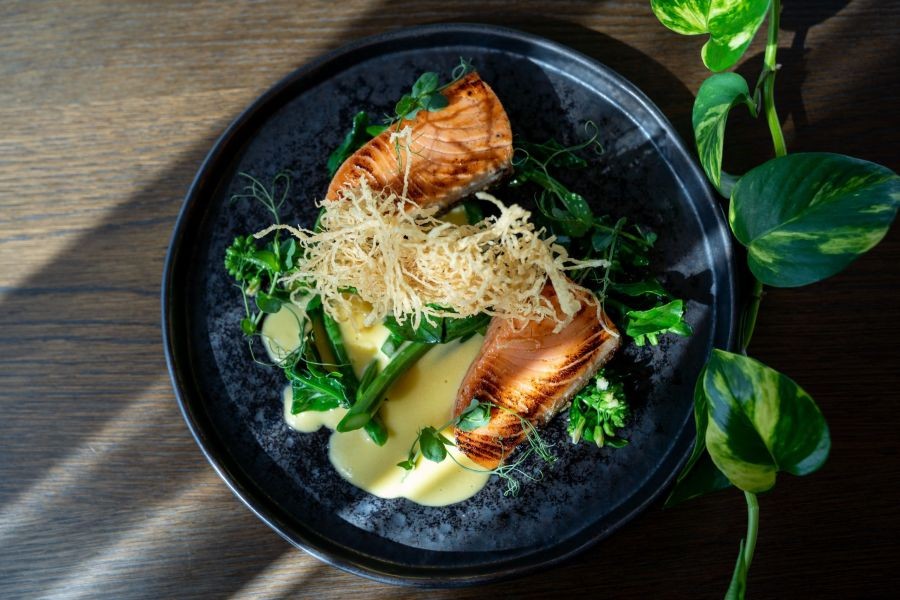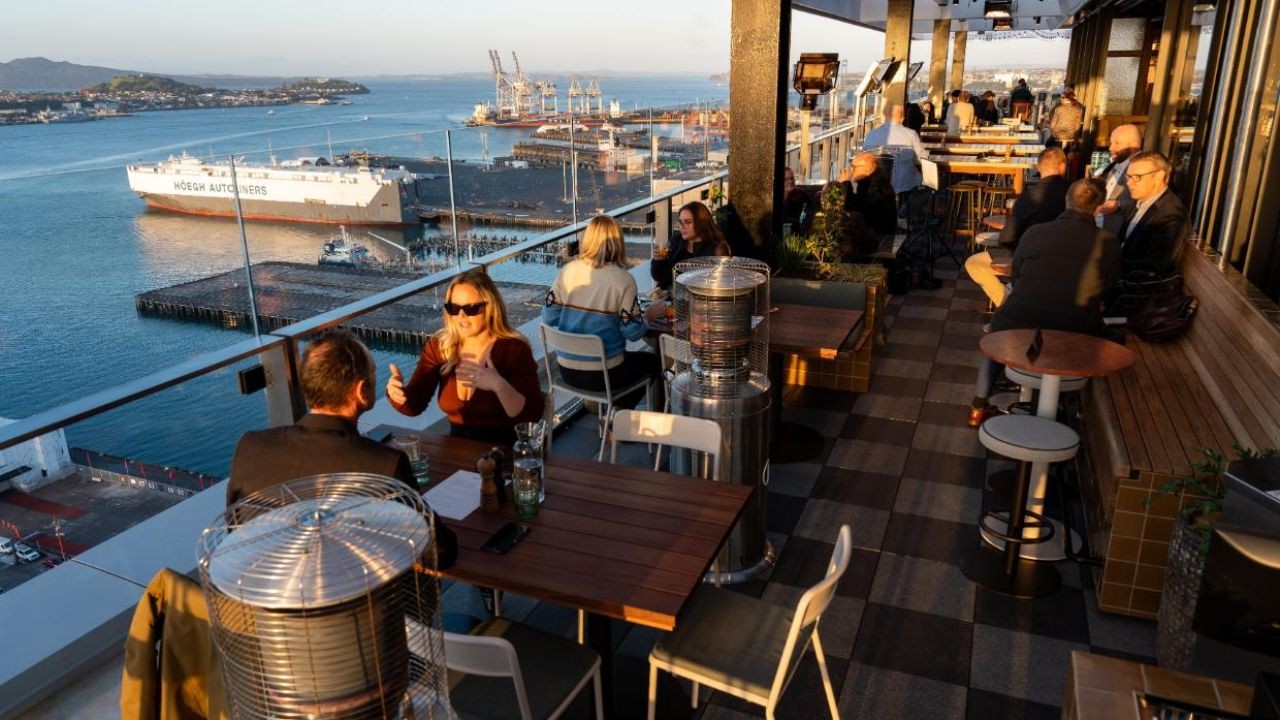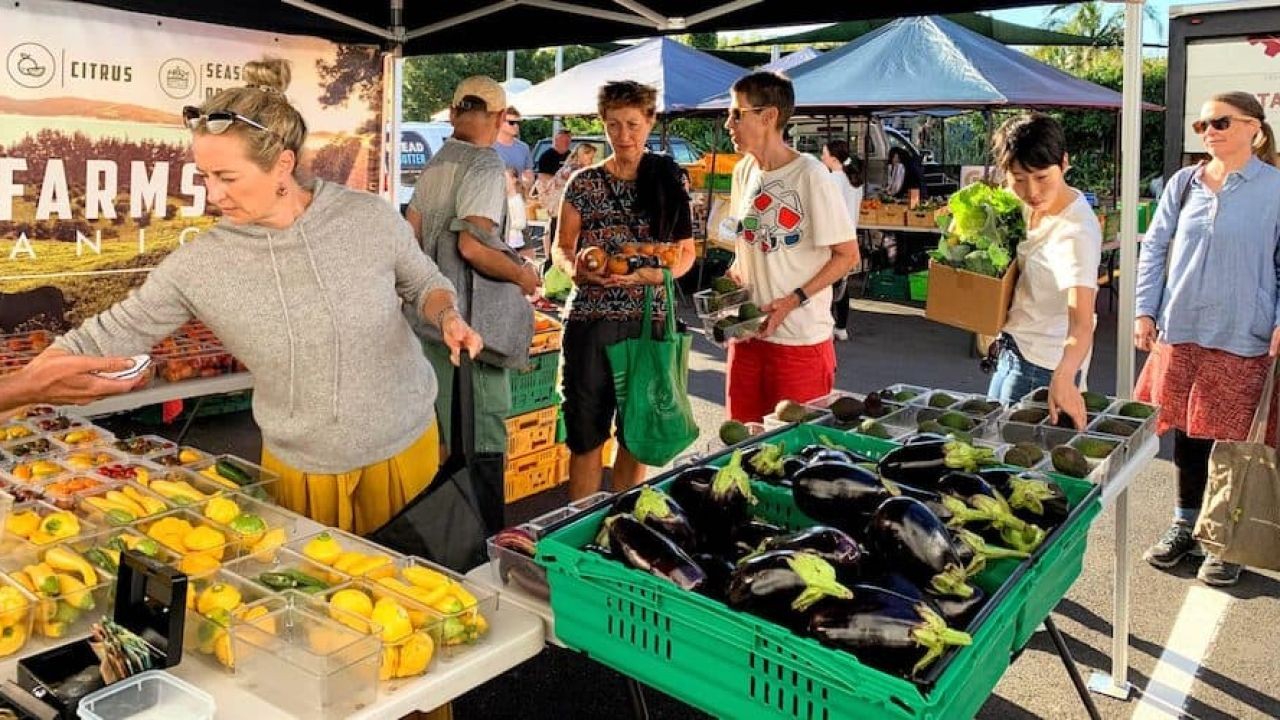New Zealand's culinary scene is witnessing a captivating transformation as chefs and food enthusiasts embrace innovative Kiwi cuisine trends. Driven by a passion for local, sustainable ingredients and a burgeoning interest in technological advancements, the culinary landscape is evolving to offer unique flavors and experiences. This shift is not just about taste; it's intertwined with New Zealand's economy, culture, and industry, offering a refreshing narrative for tech enthusiasts intrigued by innovation.
Exploring the Rise of Indigenous Ingredients
New Zealand's rich biodiversity offers an abundance of indigenous ingredients that are becoming the cornerstone of modern Kiwi cuisine. Ingredients like kawakawa, horopito, and native seaweeds are gaining traction, providing chefs with new flavors and textures to explore. This trend towards using native ingredients not only enhances culinary diversity but also supports local economies and sustainable practices.
According to Stats NZ, the agriculture sector, including horticulture, contributes significantly to the country's GDP, emphasizing the economic importance of local produce. The increased demand for indigenous ingredients fosters collaborations between chefs, foragers, and indigenous communities, ensuring traditional knowledge is respected and preserved.
Case Study: Hiakai – Redefining Māori Cuisine
Problem: Hiakai, a renowned Wellington-based restaurant, sought to elevate Māori cuisine by introducing traditional ingredients to a wider audience. The challenge was to maintain cultural authenticity while appealing to modern palates.
Action: Chef Monique Fiso led the initiative by incorporating native ingredients like kumara, puha, and kawakawa into contemporary dishes. Hiakai's approach blended traditional Māori techniques with modern culinary methods, creating a unique dining experience.
Result: Within a year, Hiakai gained international acclaim, and its customer base grew by 50%. The restaurant's success highlighted the global appetite for indigenous flavors and cultural narratives.
Takeaway: For New Zealand businesses, embracing cultural heritage can create unique market niches. Leveraging local ingredients not only boosts the economy but also promotes cultural appreciation and innovation.
Technological Integration in Culinary Practices
Technology is revolutionizing the culinary world, and New Zealand is at the forefront of this transformation. From 3D food printing to AI-driven recipe development, technology is enabling chefs to push the boundaries of creativity. For instance, the use of AI in analyzing flavor profiles helps in crafting dishes that are scientifically balanced and appealing.
The Reserve Bank of New Zealand's economic analysis indicates that technology-driven sectors are experiencing significant growth, which is mirrored in the culinary industry. Restaurants and food businesses integrating technology see improved efficiency and customer satisfaction, leading to increased profitability.
Comparative Analysis: Traditional vs. Tech-Driven Approaches
- Innovation: Tech-driven kitchens enhance creativity, allowing chefs to experiment with new techniques and flavors.
- Efficiency: Automation reduces prep time and waste, increasing overall efficiency.
- Engagement: Interactive dining experiences, such as augmented reality menus, enhance customer engagement.
While traditional methods focus on craftsmanship and heritage, tech-driven approaches offer scalability and modernization. Balancing both can lead to a harmonious culinary experience that respects tradition while embracing innovation.
Common Myths & Mistakes in Kiwi Cuisine
- Myth: "Local ingredients are always more expensive."
- Reality: While some local ingredients may be pricier, they often offer superior quality and sustainability benefits, which can offset costs in the long run.
- Myth: "Technology in the kitchen is only for high-end restaurants."
- Reality: Even small cafes and home cooks can benefit from affordable kitchen tech, enhancing creativity and efficiency.
By debunking these myths, businesses and individuals can make informed decisions about their culinary practices, ensuring they don't miss out on the benefits of local ingredients and technology.
Future Trends & Predictions
Looking ahead, New Zealand's culinary scene is poised to embrace even more technological advancements and local ingredients. According to a report by NZTech, by 2028, it is expected that 70% of restaurants will incorporate some form of AI or automation, enhancing both the dining experience and operational efficiency.
Moreover, the focus on sustainability will drive further exploration of indigenous ingredients, with potential government incentives to support this trend. As New Zealand continues to champion environmental and cultural sustainability, its cuisine will reflect these values, offering tech enthusiasts a glimpse into a future where technology and tradition coexist harmoniously.
Final Takeaways & Call to Action
- Fact: Indigenous ingredients are enhancing New Zealand's culinary diversity.
- Strategy: Integrate technology into culinary practices to improve efficiency and creativity.
- Mistake to Avoid: Overlooking the value of local ingredients due to perceived cost.
- Pro Tip: Explore AI-driven tools for recipe development to stay ahead in the culinary game.
What’s your take on the future of Kiwi cuisine? Share your thoughts and experiences in the comments below! If you’re ready to explore the fusion of technology and tradition in cooking, start experimenting with local ingredients and innovative culinary tools today.
People Also Ask
How does integrating technology impact New Zealand's culinary industry?Integrating technology enhances efficiency and creativity, with NZ restaurants reporting up to 30% increased customer satisfaction and reduced waste.
What are the biggest misconceptions about using local ingredients in New Zealand?A common myth is that local ingredients are always expensive. However, they often provide better quality and sustainability, offsetting initial costs.
Related Search Queries
- Innovative Kiwi cuisine trends 2025
- Local ingredients in New Zealand cooking
- Tech in New Zealand restaurants
- Sustainable culinary practices NZ
- Future of New Zealand cuisine

































colleenmauro5
7 months ago